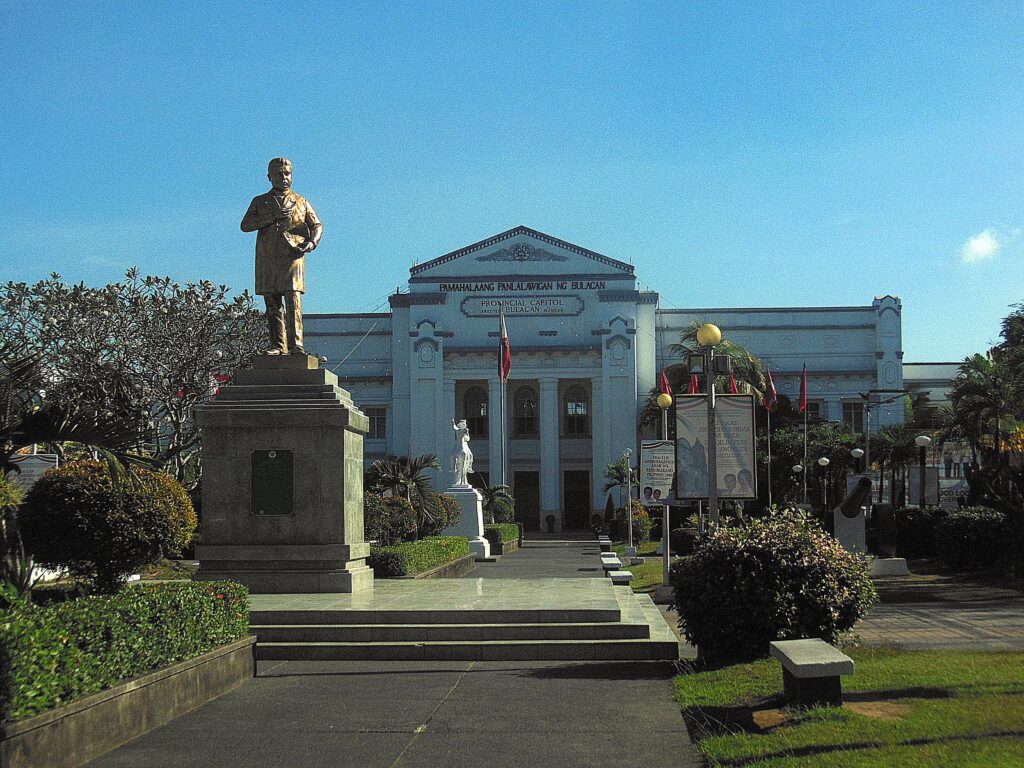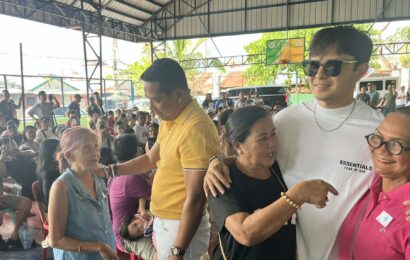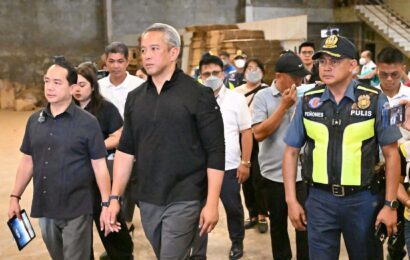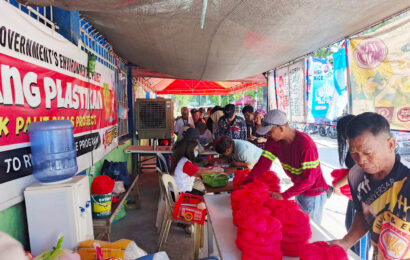CITY OF MALOLOS – Some 2,000 scholars of the Provincial Government of Bulacan received educational assistance during the recently held Gender Sensitivity Awareness Seminar at The Pavilion in Hiyas ng Bulacan Convention Center here.

The scholarship program known as “Tulong Pang-Edukasyon para sa Bulakenyo,” under the Provincial Administrator’s Office offers educational financial assistance to students from various educational institutions, including P3,500 for OS Private, P3,000 for State Universities and Colleges (SUCs) and Senior High Schools (SHS), both private and public, and P5,000 for Masteral.
The event commenced with a talk on Edukasyon sa Pagpapakatao/Values Education delivered by Bishop Michael Perez, Chairman of Bulacan Cadence New Generation.
Project Development Officer III and Gender and Development Secretariat Katherine G. Faustino from the Provincial Social Welfare and Development Office, also provided insights on gender sensitivity, explaining the differences between sex and gender.
It was followed by the distribution of educational assistance led by Governor Daniel R. Fernando, Vice Gov. Alexis Castro, Board Members Allan Andan and Romina Fermin and Catherine A. Inocencio, Assistant Department Head of the Provincial Administrator’s Office.
Fernando also gave his message and encouraged the scholars to focus on their goals.
“Pagbutihin ang inyong pag-aaral. Pangarap ng ating mga magulang na makapagtapos tayo ng pag-aaral. Ito ang tanging yaman na maipapamana sa atin. Kabataang Bulakenyo, umaasa po kami na kayo ay makarating sa mga pangarap na gusto n’yong marating. Hayaan ninyo na ang Diyos ang mangarap sa inyo. If you want something, just pray for it,” the People’s Governor said.
He also mentioned that to date, about over 16,000 scholars receive educational assistance from the PGB.
Recently, the Philippine Commission on Women (PCW) certified the Province of Bulacan as a Gender and Development Local Learning Hub from 2024-2027.
This recognition is due to the province’s efforts in championing gender-responsive local governance through the establishment of GAD mechanisms, strengthening partnerships with women’s organizations, and mainstreaming gender perspectives in programs addressing the needs of marginalized groups.





